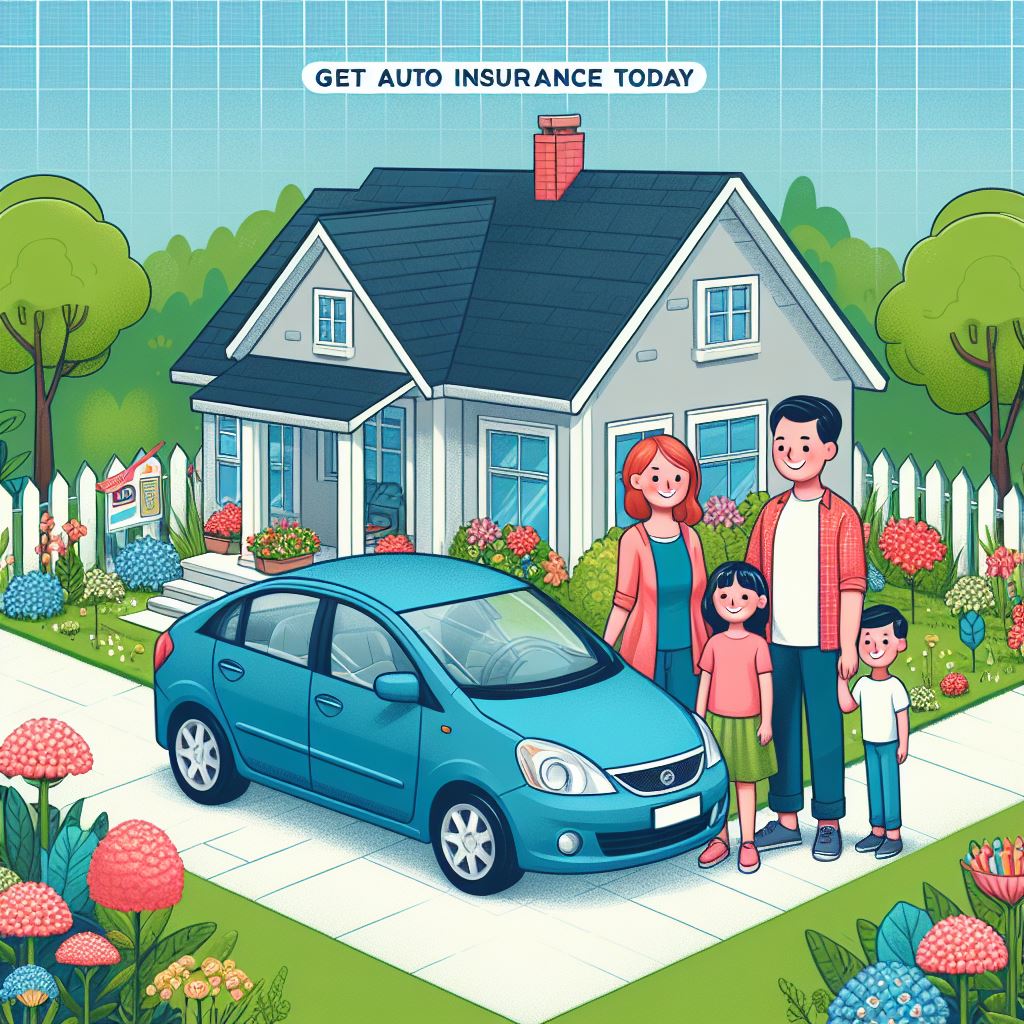Table of Contents
What is Collision Insurance?
Collision insurance is a coverage that helps pay to repair or replace your own car if it is damaged in an accident with another vehicle, object or a rollover.
Collision coverage isn't legally required in any state, but if you're leasing or financing a vehicle, most lenders will require you to carry collision insurance until the loan is paid off. Once you fully own your car, collision becomes optional, but many drivers still choose to keep it for peace of mind.
Learn what does collision insurance cover, how it works, when it is required and what types of vehicles may be better off without it. If your car was damaged while parked in a hit-and-run, review how coverage applies in that situation.
Related Articles
Get Your Free Quote Today
Compare rates from top insurance providers in Nashville, Tennessee
What Does Collision Insurance Cover?
Covered Situations
Collision insurance covers damage to your car when it is damaged due to an accident involving impact with another object. Collision is focused on repairing or replacing your own vehicle. Situations covered include:
- Crashing into another vehicle in a moving accident
- Hitting a stationary object such as a fence, mailbox, guardrail, or utility pole
- Backing into or colliding with a building or structure
- Damage from a hit-and-run where another car strikes your parked vehicle
Faster Repairs
Even if you're not at fault in an accident, you may still use your collision coverage for faster repairs. Instead of waiting on the other driver's liability insurance to settle, you can pay your deductible, get your car fixed quickly, and let your insurer handle the recovery process through subrogation.
If your insurance company successfully collects from the at-fault party through subrogation, your deductible will be refunded, and your rates may not be affected.
What is Not Covered by Collision Insurance?
Not Covered
If you cause injuries to another driver or damage their vehicle, those expenses are paid through your liability insurance, not collision coverage.
Collision insurance does not cover:
- Damage caused by theft or vandalism
- Collisions with animals like hitting a deer
- Weather and natural disasters – hail, flooding, tornadoes, hurricanes, or earthquakes
- Fire or water damage
- Intentional damage
How Collision Insurance Works
How It Works
Collision insurance comes into play when your car is damaged in an accident you cause, or if you hit an object like a pole, guardrail, or even your own garage door. If you carry this coverage and file a claim, you'll first pay your deductible. It is the out-of-pocket amount you agreed to when buying your policy. After that, your insurer will cover the remaining repair costs up to the policy's limit of coverage.
Full Coverage Policy
In most cases, collision coverage is purchased as part of a full coverage car insurance policy, which combines:
- Collision insurance – repairs your own vehicle after a crash, regardless of fault.
- Comprehensive insurance – covers non-collision losses such as theft, fire, or storm damage.
- Liability insurance – pays for injuries or property damage you cause to others.
For coverage that protects your own vehicle after an at-fault crash, review our Non-Owner Car Insurance guide.
Collision Coverage Deductibles and Limits
Every collision insurance policy comes with two important factors that affect how much protection you actually get: the deductible and the coverage limit.
Deductible
The deductible is the amount you agree to pay out of pocket before your insurance company steps in. Most insurers offer several deductible options, often ranging from $250 to $1,000.
- Choosing a lower deductible (like $250 or $500) means you'll pay less at the time of a claim, but your monthly premium will be higher.
- Selecting a higher deductible (like $1,000) typically lowers your premium, but you'll shoulder more cost if your vehicle needs repairs after a covered accident.
Coverage Limit
Collision coverage also has a limit, which is usually equal to the actual cash value (ACV) of your vehicle at the time of the accident. The ACV represents your car's replacement cost minus depreciation.
If your car is declared a total loss, your insurer will issue a payout for its depreciated value, minus your deductible. Keep in mind that this may not be enough to purchase a newer model — you may need to contribute additional funds if you want an upgrade.
Do I Need Collision Car Coverage?
Loan or Lease Requirements
If you have a loan or lease, collision insurance is usually required by lenders or leasing companies. Since they have a financial stake in your car, they want to ensure it's protected with both collision and comprehensive coverage.
Owned Vehicle Decision
If you own your car outright, the decision is yours. Many insurance experts recommend keeping collision coverage on newer or higher-value cars, since it helps protect your investment. Without it, you will be responsible for all repair or replacement costs out of pocket if you cause an accident.
Important Considerations
It's also important to remember that collision coverage only pays out your car's actual cash value (ACV) at the time of the claim — not the original purchase price. Because depreciation reduces a car's value over time, you may receive less than what you owe or need to replace the vehicle.
To help bridge this gap, some drivers add gap insurance or new car replacement coverage to their policies.
Benefits of Collision Coverage
Repair or Replacement Costs Covered
Helps pay to fix or replace your car after an accident, reducing your out-of-pocket expenses.
Predictable Deductible
You'll always know the maximum amount you're responsible for when filing a claim.
Peace of Mind
Driving feels less stressful knowing your vehicle has financial protection.
Required for Loans & Leases
If your car is financed or leased, collision coverage is usually mandatory.
How Much Does Collision Coverage Cost?
Average Costs
On average, a full coverage policy in the U.S. which includes collision and comprehensive, costs about $2,679 per year, compared to just $808 for minimum coverage (which does not include collision).
The cost of collision insurance depends on several factors, including your vehicle type, location, driving history, and chosen deductible.
Important Considerations
- Not every insurer allows you to buy collision separately
- Some require a full coverage policy, while others let you add it individually
- You can usually buy comprehensive coverage without collision
- Consider how deductibles and claims affect your cost
What to Consider Before Buying Collision Coverage
Financial Situation
If your car is paid off and you can afford repairs out of pocket, you may skip collision. If not, it is good idea to buy collision car insurance.
Premium Costs
Adding collision will raise your insurance bill. Compare car insurance quotes to find the best rate.
Deductible
A higher deductible lowers your premium but increases what you'll pay if you file a claim. Be sure to choose a deductible level that you can afford to pay.
Vehicle Value
Older, lower-value cars may not be worth the added cost of collision coverage. Reassess your policy every year or two.
Risk Level
Even careful drivers face accidents. Consider your driving habits, location, and traffic exposure before deciding.
Shop Around
Since price plays a big role in your decision, it helps to compare companies side by side. Many local drivers look for cheap auto insurance Nashville TN to keep monthly costs manageable without sacrificing protection.
Frequently Asked Questions
What's the difference between collision and comprehensive insurance?
Collision pays for damage if you hit another vehicle or object. Comprehensive, often called "other-than-collision," covers events like theft, fire, vandalism, weather damage, or hitting an animal. Together, they make up full coverage.
Do older cars need collision coverage?
If you have a loan or lease, yes — lenders usually require it. If you own the car outright, it depends on your finances. For lower-value vehicles, the cost of collision coverage may outweigh the benefit unless you couldn't afford repairs or replacement on your own.
What happens if my car is totaled?
A car is considered a total loss when repairs cost more than the vehicle's value (or if it's stolen and unrecovered). In that case, your insurer pays the actual cash value of the car, and usually keeps the vehicle. You can keep it if you choose, but coverage and future claims will be limited.
What is a car insurance deductible?
A deductible is the amount you pay out of pocket before insurance covers the rest of a claim. Liability-only policies don't have deductibles, but collision and comprehensive do. A higher deductible lowers premiums, but make sure you could pay it comfortably in case of an accident.
Ready to Get Collision Insurance Coverage?
Get competitive quotes from top insurance providers in Nashville, Tennessee
Get Your Free Quote Today
Compare rates from top insurance providers in Nashville, Tennessee



